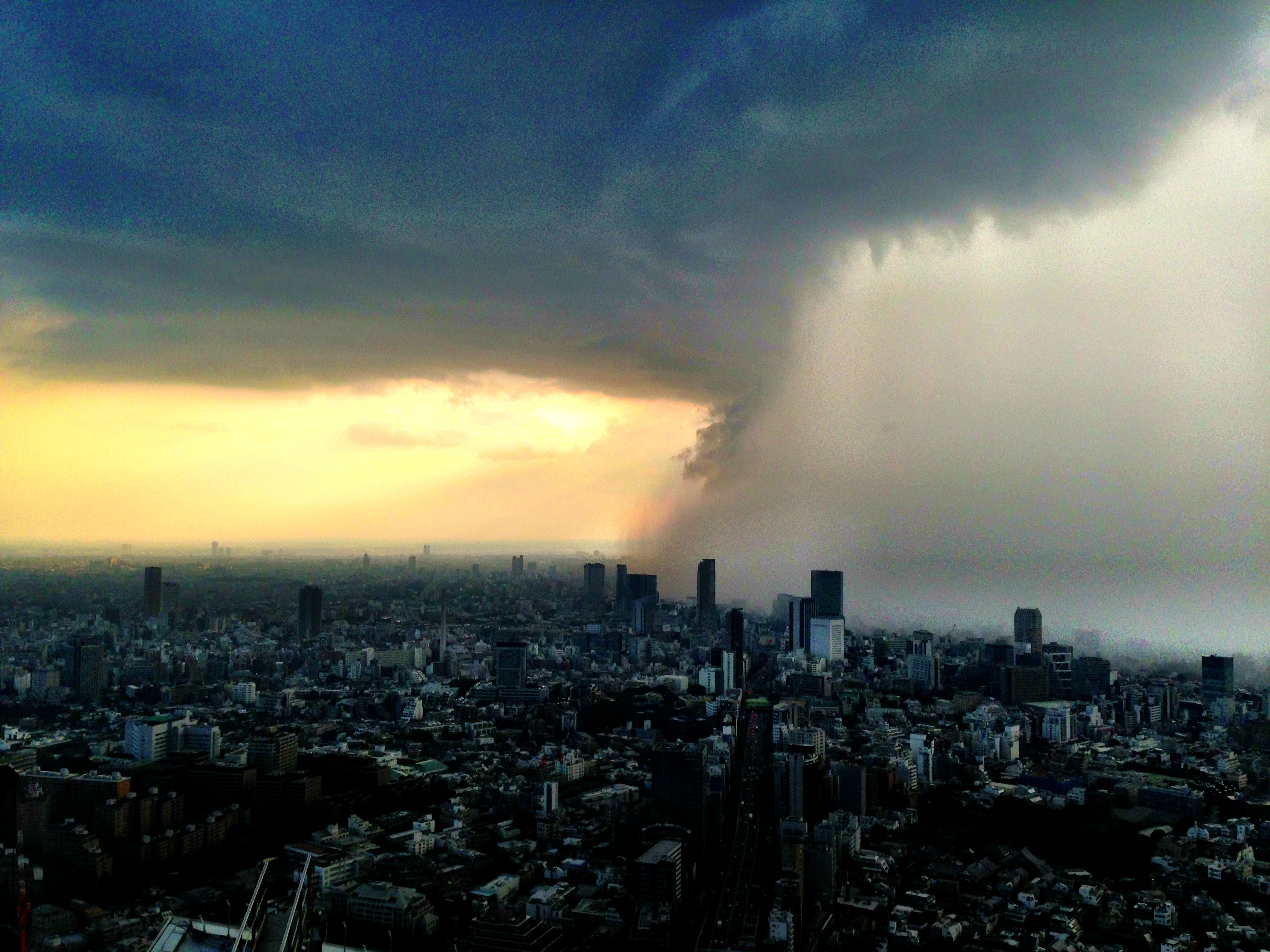Residents of Japan's big cities, and of Tokyo in particular, are well aware of the heat-island effect — especially now with the onset of summer.
The effect occurs because concrete and asphalt retain radiant energy, making the whole city a vast absorber and then emitter of convected heat, which creates powerful thermals that trigger sudden "guerrilla storms" — and renders the nights barely more agreeable than the stifling, claggy days. And if you think summers have been getting worse — you're right.
Figures from the Japan Meteorological Agency (JMA) show that annual average air temperatures nationwide rose by a rate equivalent to 1.15°C per century between 1898 and 2010. This is considerably higher than the global average temperature rise of 0.74°C over the last century (according to the Intergovernmental Panel on Climate Change's "Climate Change 2007: Synthesis Report Summary for Policymakers").



